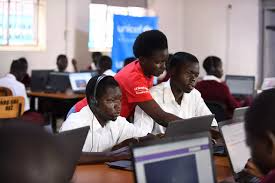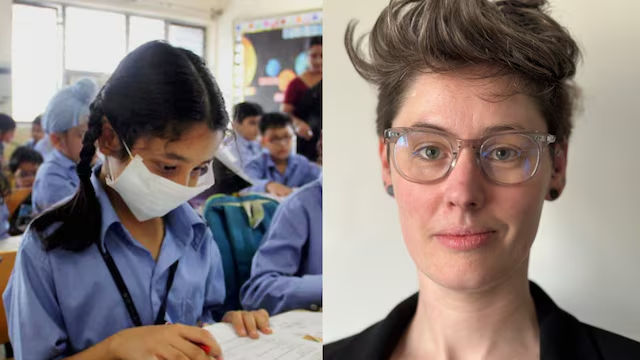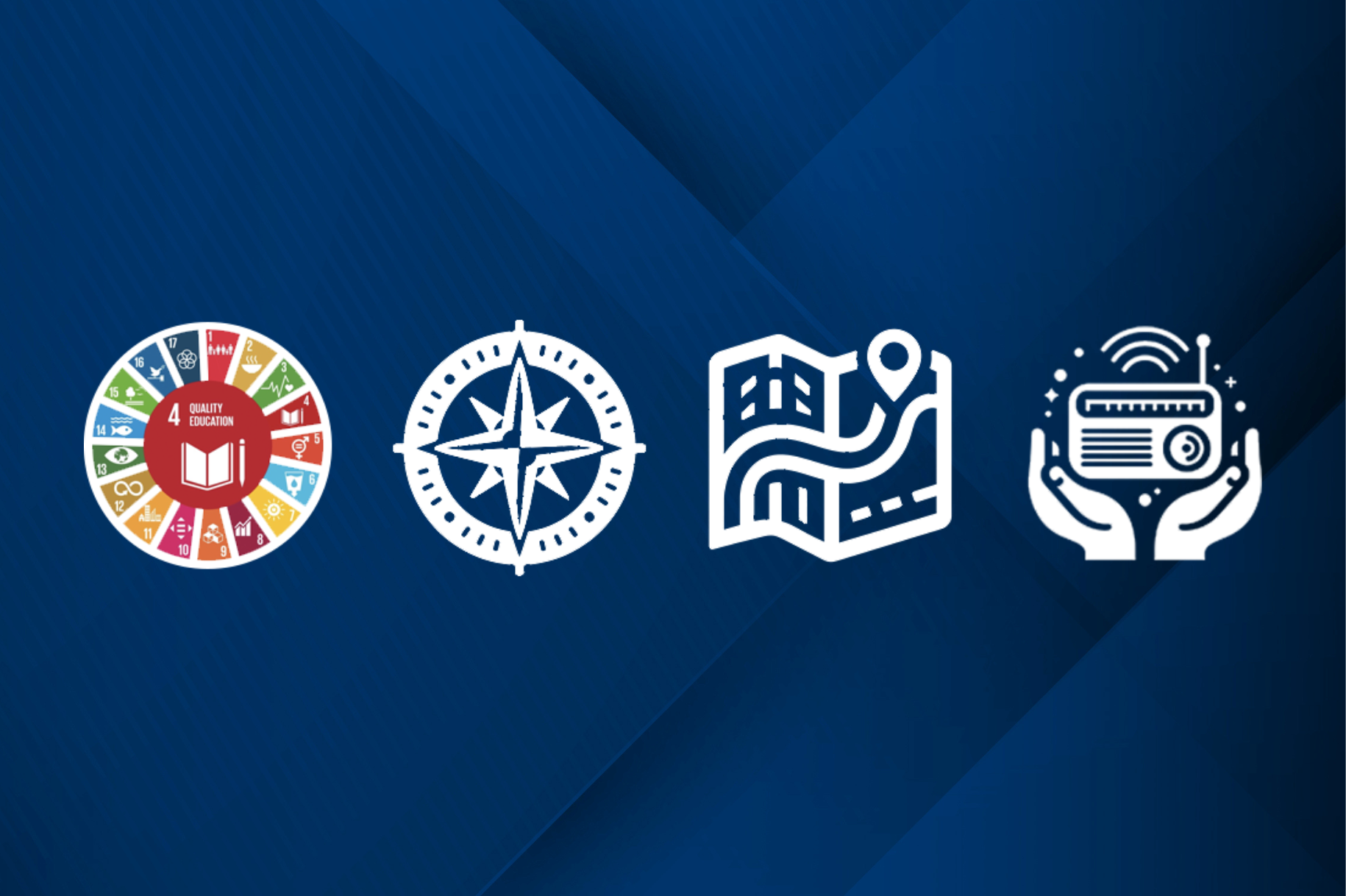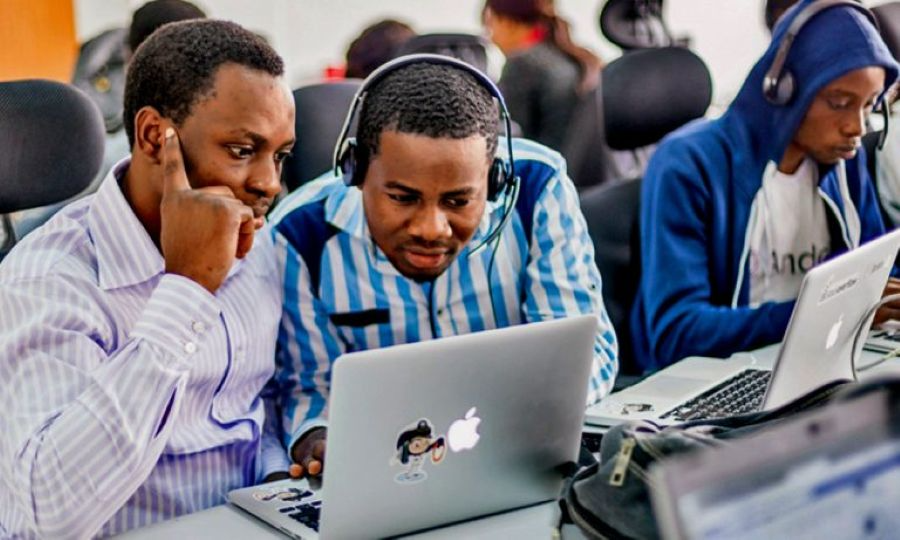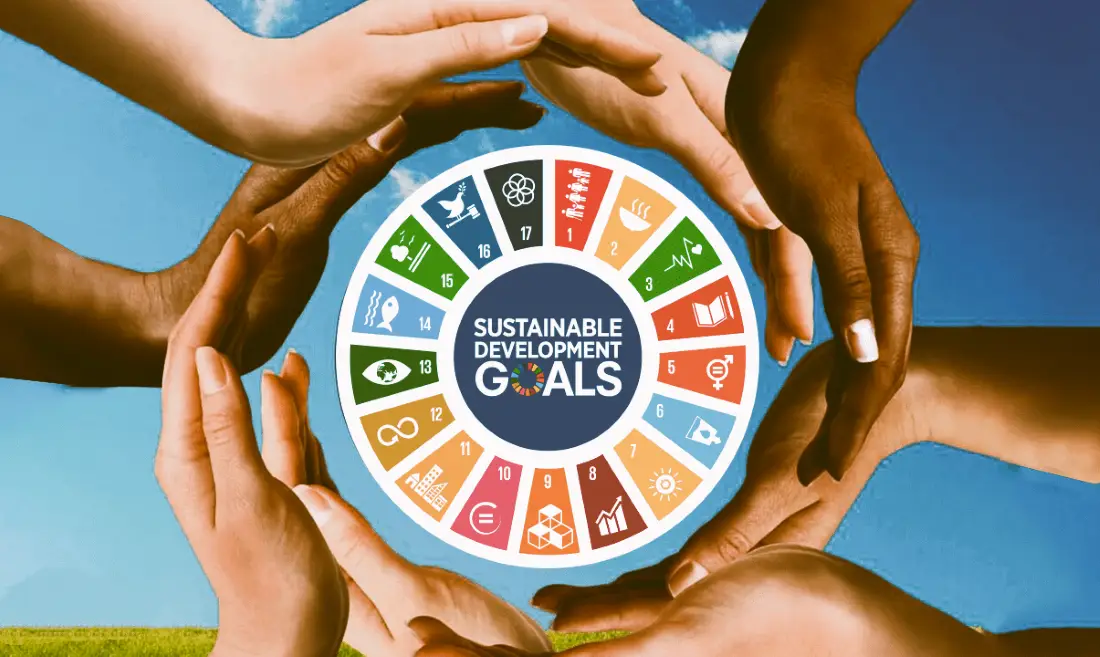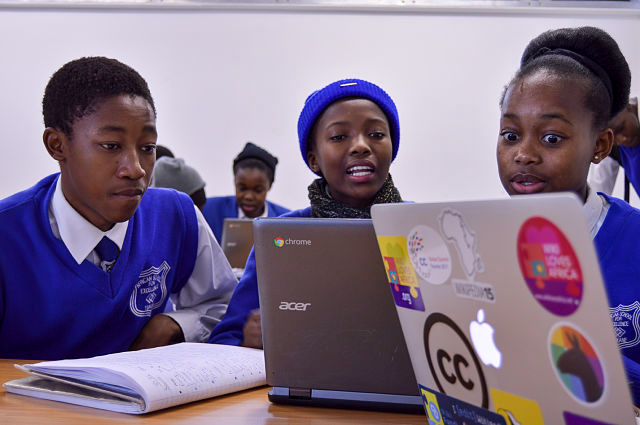
Rural Africa Embraces Online Schooling Digital Classrooms Bridge Education Gap Amid Connectivity Revolution
In a quiet village in western Kenya, 12 year old Achieng logs into a virtual math class on a solar powered tablet, joining dozens of classmates from across her county. Her school, once hindered by overcrowded classrooms and outdated textbooks, is now part of a growing movement transforming education in rural Africa online schooling powered by digital connectivity, public private partnerships, and local innovation.
As internet infrastructure expands and technology becomes more affordable, rural communities across sub Saharan Africa are increasingly turning to online education to tackle long standing barriers such as teacher shortages, lack of resources, and geographic isolation. What once seemed an impossible dream digital learning in villages without electricity is rapidly becoming reality.
Infrastructure Meets Innovation
This shift is being fueled by a convergence of factors the rollout of low orbit satellite internet services like Starlink, expansion of mobile broadband networks, and investment in solar powered devices designed for off grid use. Governments, NGOs, and edtech companies are working together to install community Wi Fi hubs, equip students with tablets, and develop curricula tailored for low bandwidth environments.
In Rwanda, the government’s Smart Classrooms Initiative has brought e learning tools to over 1,500 rural schools, using hybrid platforms that combine online video lessons with offline modules stored on local servers. Meanwhile, in Ghana, programs like Ghana Learning TV and iCampusGH offer digital lessons via both television and mobile apps, reaching even students in the most remote areas.
Tackling Inequity Through Access
Online schooling in rural Africa is more than just a technological upgrade it is an equalizer. With the ability to access the same high quality lessons available in urban centers, rural students are seeing improvements in literacy, numeracy, and STEM performance. In Uganda, a pilot program by Teach for Uganda showed a 30% improvement in reading comprehension among primary school children who participated in tablet based instruction.
Crucially, these digital tools also empower teachers. Many rural educators now use platforms like Kolibri, an open source learning ecosystem, to enhance their own training and create engaging content. Educators report greater confidence and reduced burnout, as online support networks connect them to peers and resources.
Challenges Remain
Despite the progress, online schooling in rural Africa faces significant hurdles. Reliable electricity, device maintenance, internet affordability, and digital literacy are persistent concerns. Many communities still lack consistent power, and connectivity costs can consume up to 20% of household income in some regions.
Language barriers also pose challenges. Most edtech content is in English or French, which can exclude millions of students who speak indigenous languages. Localization efforts are underway, but scaling culturally relevant content remains a complex task.
“There is no one size fits all solution,” says Dr. Lillian Mboya, an education specialist with UNESCO. “Success depends on community engagement, local language support, and designing tools that reflect the realities of rural learners.”
Empowering Girls Through Digital Classrooms
One of the most promising impacts of online schooling is its role in empowering girls, especially in areas where early marriage, household duties, or safety concerns limit school attendance. Virtual classrooms offer a flexible and secure alternative, enabling girls to continue learning at home or in community centers.
In northern Nigeria, the She Learns platform a partnership between UNICEF and local NGOs has helped over 10,000 girls re enter school through mobile based lessons in Hausa and English. Some villages have even created “learning circles” for girls, combining peer support with access to a shared device and facilitator.
A Look Toward the Future
As African governments increasingly integrate digital strategies into their education policies, online schooling is poised to become a permanent feature of rural education. The African Union’s Continental Education Strategy for Africa (CESA 16 25) emphasizes digital learning as a core pillar, while the World Bank’s EdTech Africa initiative is funding new models of blended learning.
Local entrepreneurs are also stepping in. Startups like M Shule (Kenya), Ubongo (Tanzania), and eLimu (East Africa) are building platforms that blend mobile technology with gamified, curriculum aligned content for rural users.
For students like Achieng, the digital classroom represents more than access to knowledge it’s a pathway to opportunity. “Before, we waited weeks for new books,” she says, “Now, I learn new things every day.”
As rural Africa embraces online schooling, a once deep digital divide is narrowing. Through thoughtful innovation, collaboration, and commitment, the future of education in Africa is being rewritten one connected classroom at a time.
Related Post
Popular News
Subscribe To Our Newsletter
No spam, notifications only about new products, updates.

